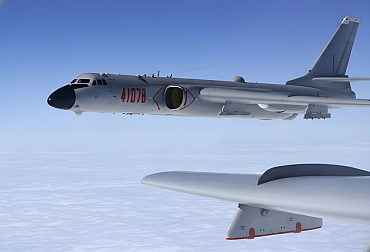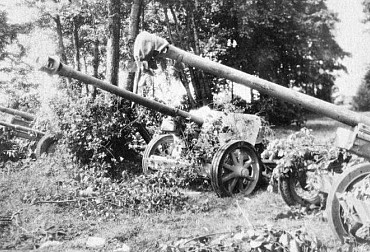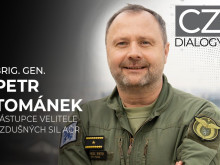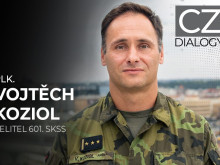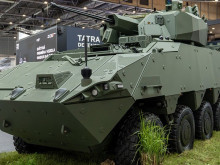Colonel Milan Nykodym: The Čáslav base is on constant alert and preparing for the F-35 era
Colonel Milan Nykodym is the Deputy Commander of the 21st Tactical Air Base of the Czech Army in Čáslav and belongs to the first generation of pilots who graduated from the Military Academy in Brno. He has been working at the Čáslav base continuously since 2005 in various command positions. He has logged more than 2,300 flight hours in various types of aircraft, including over 1,000 in the Swedish JAS-39 Gripen. Between 2012 and 2015, he participated in three foreign missions in Iceland as part of a NATO mission. We spoke with Col. Nykodym about the current and future tasks of the 21st Air Base in the next episode of our program CZ DIALOGUES.
Video: Interview with Col. Milan Nykodym, Deputy Commander of the 21st Tactical Air Base / CZ DEFENCE
The Čáslav base is a pillar of the Czech Republic's air defense and an important part of NATO's collective defense. Its main operational tasks remain unchanged over time, but their importance in the context of the current security situation is growing. "The main tasks remain the same in the long term. It is primarily the defense of the Czech Republic's airspace, and at the same time, we contribute to NATO's collective defense," says the Deputy Commander at the beginning of the interview, adding that, given our geographical location and proximity to events in the east, the base now places even greater emphasis on readiness.
The 21st Tactical Air Base maintains the NATINAMDS standby system year-round. "We have two aircraft ready for takeoff within fifteen minutes at all times. In addition, we are able to reinforce the defense system to the so-called national reinforcement level within 24 hours, primarily through L-159 aircraft," says Col. Nykodym. As part of its alliance commitments, Čáslav is also preparing for the possibility of receiving a tactical air force unit from an allied country. "Our base should be able to provide support and receive a squadron of allied tactical aircraft so that they can operate from us without restrictions. We are practicing this as part of international exercises, and in the future we also plan to conduct practical tests with the deployment of an entire squadron for one to two weeks," reveals the Deputy Commander of the 21st Tactical Air Base.
In the coming months, the base will also undergo extensive modernization of its runway, which will not only enable the operation of modern fifth-generation F-35 aircraft, but also increase the load-bearing strength and overall capacity of the entire base. "The airport in Čáslav is a typical base from the Warsaw Pact era. Construction began in 1952, and the runway is 2.5 kilometers long. We want to prepare it for the next 40 to 50 years. After the reconstruction, it should be able to accommodate heavier transport aircraft or tankers," says Col. Nykodym.
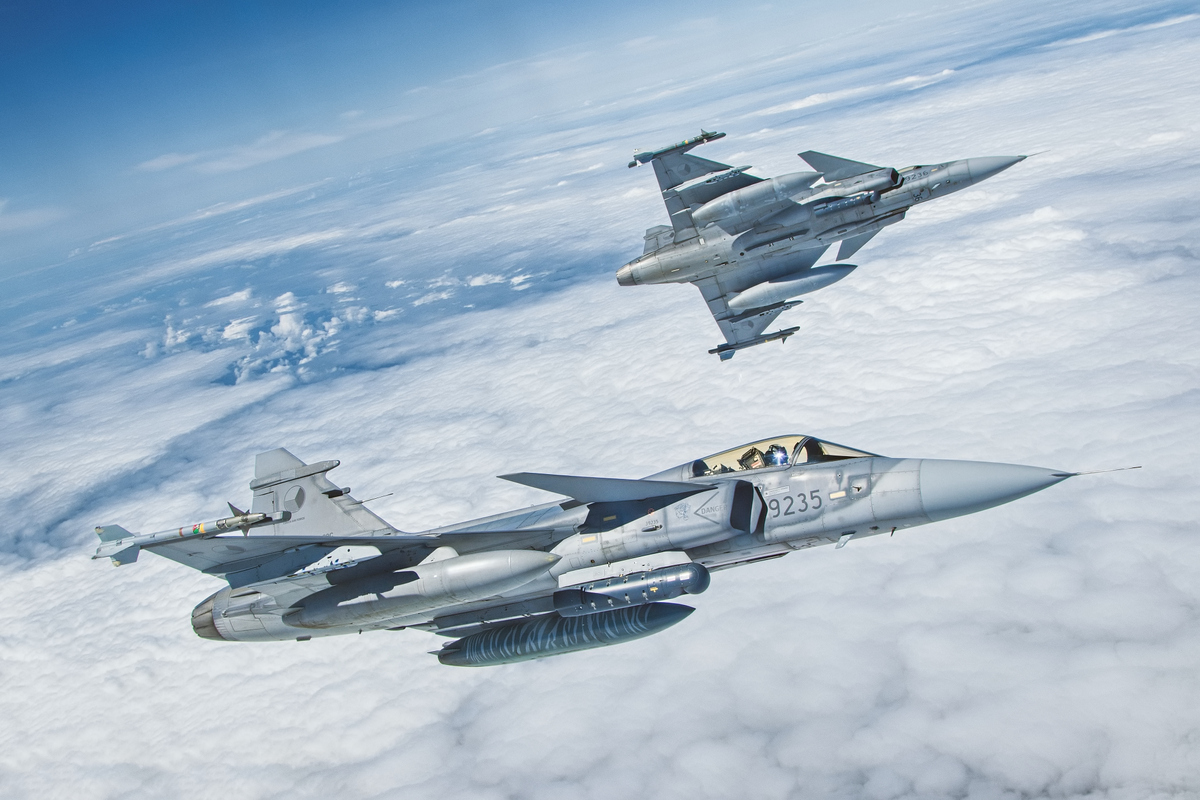
In the interview, we also touched on maintaining relations with surrounding municipalities and towns. "We have been cooperating with mayors and representatives in our micro-region for a long time. We inform them about what is happening at the base, notify them of planned exercises and possible noise impacts. We strive to be as transparent and accommodating as possible," emphasizes the Deputy Commander of the 21st Tactical Air Base, adding that the army also supports local events and development. "They are interested, for example, in whether new jobs will be created and what impact this will have on civic amenities. And personal ties definitely work here. Many of our employees live right in the vicinity of the base," says Colonel Nykodym.
Current conflicts, especially the war in Ukraine, have brought new challenges and the need to adapt, which also applies to the 21st Tactical Air Base. "Our view of combat operations has changed. New tactics and means are emerging, such as drones and their deployment. We are working on defense against them, detection, and neutralization. The smaller the drone, the more difficult it is to detect. This is an issue that resonates across the entire Alliance," says Deputy Commander Nykodym. This is also related to the development of cyber defense. "Today, aircraft collect and transmit enormous amounts of data in real time. Information security is absolutely crucial. Encryption and cyber security are absolutely essential in modern warfare," explains Col. Nykodym.
Pilots from the 21st Air Base regularly participate in foreign missions, such as Baltic Air Policing in the Baltic States or Iceland. "It's a tremendous experience. Pilots leave the comfort of their home base and have to adapt to unfamiliar environments—such as extreme weather in Lithuania or flying over the sea in Iceland. These are things we cannot simulate here," says the Deputy Commander, noting that even though the mission is peaceful, contact with the enemy is a real possibility: "In Lithuania, encounters with Russian aircraft are practically a daily occurrence. We monitor them and make recordings, but we must strictly adhere to the rules and avoid escalation."
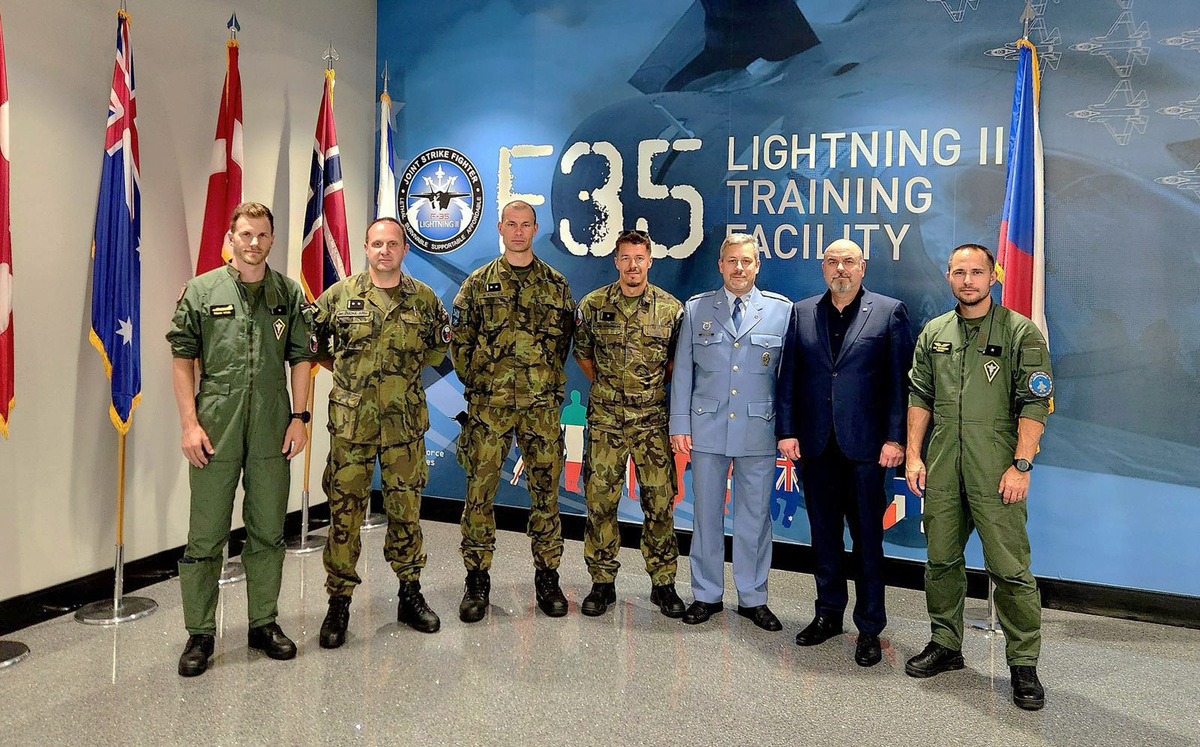
The transition from Gripen to F-35 aircraft, which are to be incorporated into the arsenal after 2035, will mean a fundamental change for the tactical air force of the Czech Air Force. "The F-35 brings a completely different philosophy. My American colleagues told me: Forget everything you know about tactics and start again. It has new sensors, capabilities, and a range of activities. We will be learning this practically from scratch," says Colonel Nykodym, describing the future operation of fifth-generation aircraft. However, he believes that operating JAS-39 Gripen aircraft is a valuable experience. "It was our entry into NATO, and it did an excellent job. We were transitioning from MiG aircraft to a system where 90% of the pilot's attention was focused on tactics rather than flying the aircraft. And the F-35 is the next logical step," says the Deputy Commander.
Modern pilot training is a combination of real flights and virtual flights on simulators, which are being used more and more. "I'm old school, I used to think of simulators as a necessary evil. But today I recognize that they are extremely important. Simulators can be used to practice critical situations that cannot be trained in a real environment—engine failure, system crashes, electronic warfare," acknowledges Colonel Nykodym, who points out, however, that real-world flying still has an irreplaceable role: "In a simulator, you know your life is not at stake, but when the lights start flashing and the screen turns red, you often get scared anyway. But nothing can replace real flight."
We were also interested in the future role of unmanned aerial vehicles in tactical aviation. "Unmanned systems are a trend today, but we are reaching their limits in data transmission, security, and reaction capabilities. Today, they are a great addition to manned aircraft, for example, for long-term monitoring of a specific area, but could they fully replace human pilots? Certainly not yet," says the Deputy Commander of the 21st Tactical Air Base.
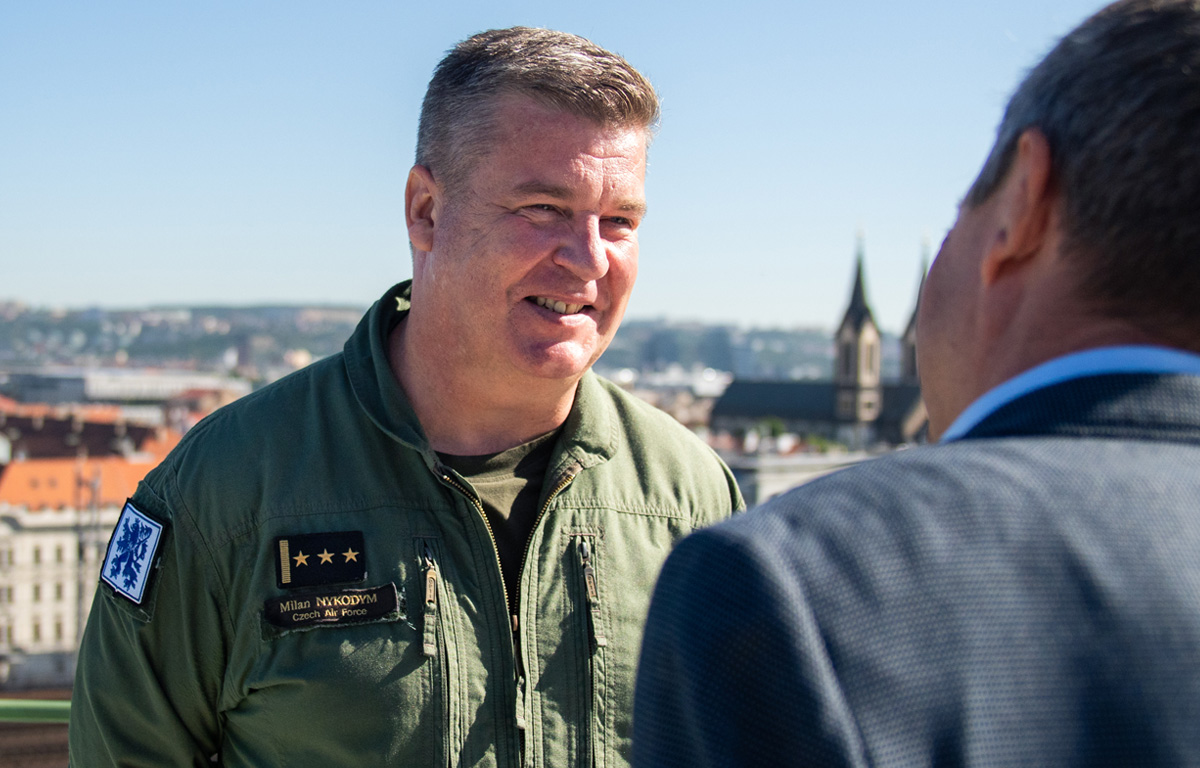
As already mentioned, the base is actively preparing for the operation of new F-35 aircraft. In this context, Czech pilots are undergoing training abroad, work is underway to adapt the infrastructure, and so on. "It's a big challenge, but also a huge opportunity. We will be able to use the aircraft across its entire range of capabilities. We can look forward to synthetic training, joint training areas within the Alliance, and the development of multi-domain operations," says Col. Nykodym.
When asked what qualities characterize a good pilot, he answers without hesitation: "Decisiveness, quick reactions, improvisation, and perfect knowledge. And above all, the ability to learn and adapt," concludes Colonel Milan Nykodym, Deputy Commander of the 21st Tactical Air Base.












